Serena Williams Talks Racial Inequality, Her Return to Indian Wells & Fighting Illness to Play
Iconic tennis player Serena Williams is undoubtedly one of the most memorable and powerful women not only in tennis, but in the sports arena altogether. She says she does, “want to be known as the greatest ever” and as a result of her incredible winning history in the sport, Sports Illustrated has named her the 2015 Sportsperson of the Year.
Williams recently sat down with SI to discuss her storied history and growth in tennis, the 2001 Indian Wells incident and her hesitant-but-necessary return, and her awareness of and desire to help quell the racial tensions that have recently bubbled to and over the surface here in America. Here are some excerpts from her interview.
On receiving a penalty after an outburst at the Australian Open final:
I just kind of laughed. A few years ago I wouldn’t have been able to laugh. I haven’t lost that part of me; I’m very passionate on the court, but I’ve learned to be fierce more on the inside.
Williams’ body fought against her this year almost as much as she usually fought to win on the tennis court. She came down with the flu, complete with congestion, a 101-degree fever and chills all while at Roland Garros. Nevertheless, she found enough strength to win 10 games straight. Afterwards, Serena said,
I was crying so hard. I didn’t want to win. I just wanted to go home. I said, ‘I can’t play anymore.’
Perhaps the beginning (or another reference point) of finding strength within herself despite physical illness or overt negativity all stemmed from something that occurred 14 years ago. Back in 2001, Williams played at Indian Wells in California where she endured playing in front of people who were extremely vocal about their dislike for her as she walked on to the court, while she played, and when she left. The place was the site of bad memories for Serena and her family and where she was forced to recognize the cruelty of some because of her skin tone. She decided to return to Indian Wells years later explaining,
I was brought up to forgive people and I felt that I wasn’t doing what I was taught [by not returning to Indian Wells]. Everyone always asked, ‘What was your greatest moment in tennis?’ and I always said it hasn’t happened. But I think it has happened now, and that was going back to Indian Wells and playing. It released a lot of feelings that I didn’t even know I had. I was really surprised at how emotional I got—and how relieved I felt after everything was said and done.
On feeling that it was necessary to return to Indian Wells to make a statement, per se, about racism:
I had been a teenager at Indian Wells, and that was hard for me to go through—especially when I was thinking, It’s 2001, I [shouldn’t] have to deal with that stuff as much anymore. Now fast-forward to 2015, and we still have young black men being killed. Someone needed to do something. And I thought then that there was something greater than me and tennis. I needed to go back there and speak out against racism.
[READ MORE ON THE NEXT PAGE.]


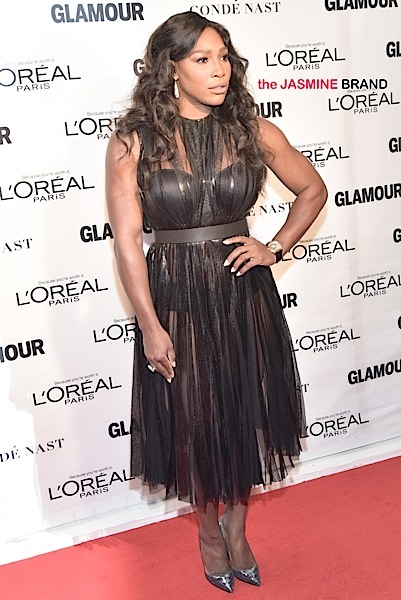

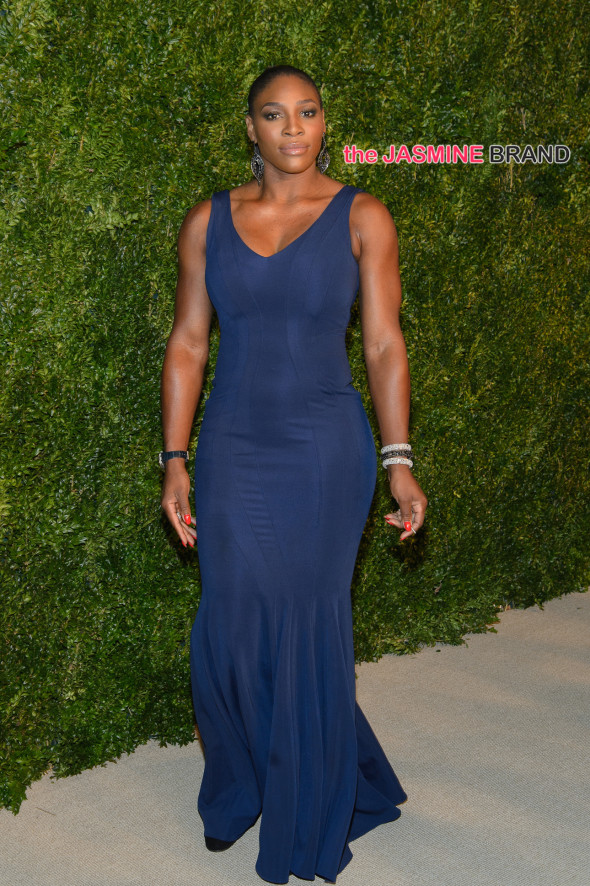
 Previous Article
Previous Article Next Article
Next Article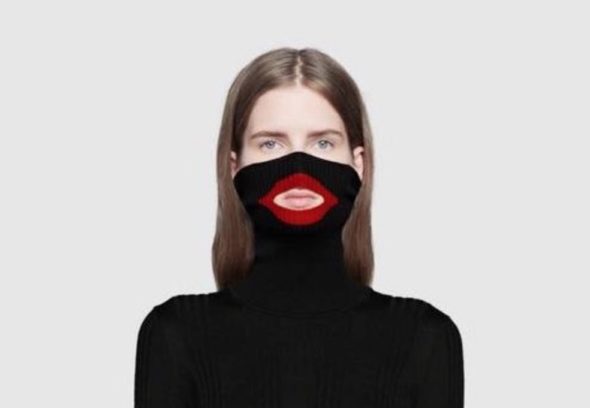 Gucci Announces Plans to ‘Embed Culture Diversity’ In Aftermath of Blackface Controversy
Gucci Announces Plans to ‘Embed Culture Diversity’ In Aftermath of Blackface Controversy ![[EXCLUSIVE] NFL Star Vince Young Accused of $240K Breach of Contract](https://thejasminebrand.com/wp-content/uploads/2014/09/Screen-Shot-2014-08-05-at-4.18.54-AM-595x523-1.png) [EXCLUSIVE] NFL Star Vince Young Accused of $240K Breach of Contract
[EXCLUSIVE] NFL Star Vince Young Accused of $240K Breach of Contract ![Oprah, Kerry Washington, Selita Ebanks, Common Hit ‘Independent Spirit Awards’ Red Carpet + Full Winner List [Photos]](https://thejasminebrand.com/wp-content/uploads/2015/02/selita-ebanks-kerry-washington-oprah-2015-spirit-awards-the-jasmine-brand.jpg) Oprah, Kerry Washington, Selita Ebanks, Common Hit ‘Independent Spirit Awards’ Red Carpet + Full Winner List [Photos]
Oprah, Kerry Washington, Selita Ebanks, Common Hit ‘Independent Spirit Awards’ Red Carpet + Full Winner List [Photos] 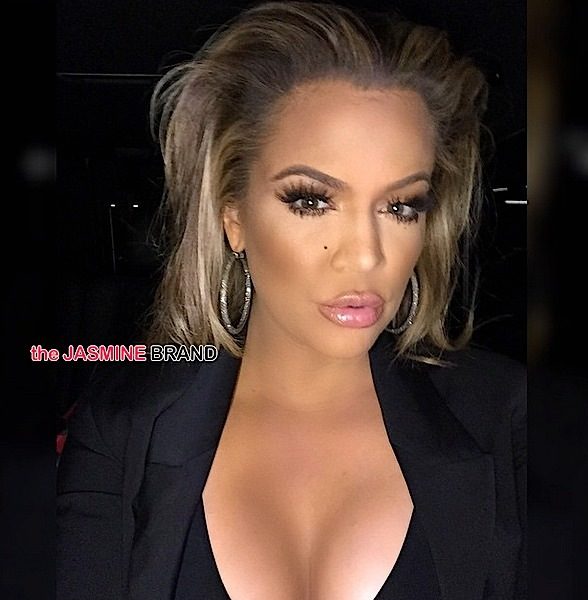 Khloe Kardashian Denies Drug Use at Graduation Party: No one was doing cocaine!
Khloe Kardashian Denies Drug Use at Graduation Party: No one was doing cocaine!  Usher Clarifies Rumor That He Once Worked As Beyoncé’s Nanny
Usher Clarifies Rumor That He Once Worked As Beyoncé’s Nanny 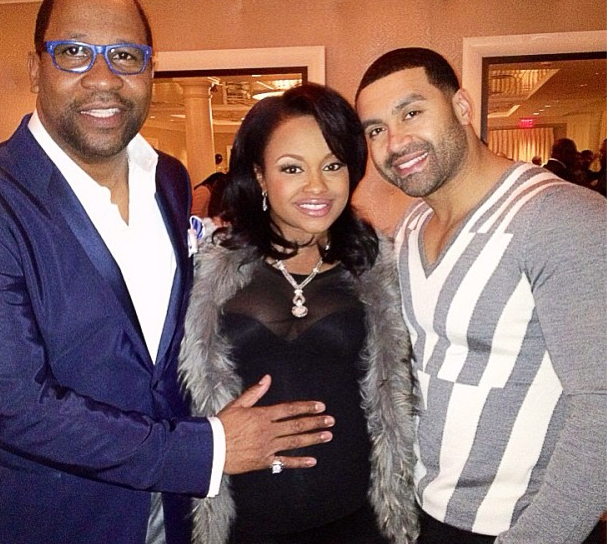 Ovary Hustlin’: RHOA’s Phaedra Parks Delivers Baby Two Weeks Early, C-Section Performed
Ovary Hustlin’: RHOA’s Phaedra Parks Delivers Baby Two Weeks Early, C-Section Performed ![[EXCLUSIVE] Oprah Settles Lawsuit With Chicken Wing Reality Show](https://thejasminebrand.com/wp-content/uploads/2014/08/Screen-Shot-2014-08-16-at-10.42.29-AM1-620x600.png) [EXCLUSIVE] Oprah Settles Lawsuit With Chicken Wing Reality Show
[EXCLUSIVE] Oprah Settles Lawsuit With Chicken Wing Reality Show  (EXCLUSIVE) Wendy Williams Show Producers Clap Back At Ex-Interns Lawsuit
(EXCLUSIVE) Wendy Williams Show Producers Clap Back At Ex-Interns Lawsuit